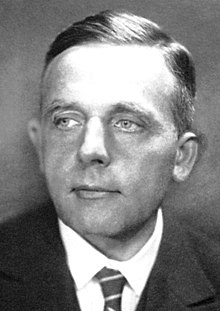Oncometabolism is the field of study that focuses on the metabolic changes that occur in cells that make up the tumor microenvironment (TME) and accompany oncogenesis and tumor progression toward a neoplastic state.[1]
Cells with increased growth and survivability differ from non-tumorigenic cells in terms of metabolism.[2] The Warburg Effect, which describes how cancer cells change their metabolism to become more oncogenic in order to proliferate and eventually invade other tissues in a process known as metastasis.[1]
The chemical reactions associated with oncometabolism are triggered by the alteration of oncogenes, which are genes that have the potential to cause cancer.[3] These genes can be functional and active during physiological conditions, producing normal amounts of metabolites. Their upregulation as a result of DNA damage can result in an overabundance of these metabolites, and lead to tumorigenesis. These metabolites are known as oncometabolites, and can act as biomarkers.[4]

- ^ a b Urbano AM (January 2021). "Otto Warburg: The journey towards the seminal discovery of tumor cell bioenergetic reprogramming". Biochimica et Biophysica Acta (BBA) - Molecular Basis of Disease. 1867 (1): 165965. doi:10.1016/j.bbadis.2020.165965. PMID 32949769. S2CID 221807074.
- ^ Cite error: The named reference
:8was invoked but never defined (see the help page). - ^ Cooper CS (1990). "The Role of Oncogene Activation in Chemical Carcinogenesis". Chemical Carcinogenesis and Mutagenesis II. Handbook of Experimental Pharmacology. Vol. 94. Berlin, Heidelberg: Springer Berlin Heidelberg. pp. 319–352. doi:10.1007/978-3-642-74778-6_12. ISBN 978-3-642-74780-9.
- ^ Dando I, Pozza ED, Ambrosini G, Torrens-Mas M, Butera G, Mullappilly N, et al. (August 2019). "Oncometabolites in cancer aggressiveness and tumour repopulation". Biological Reviews of the Cambridge Philosophical Society. 94 (4): 1530–1546. doi:10.1111/brv.12513. PMID 30972955. S2CID 108294182.